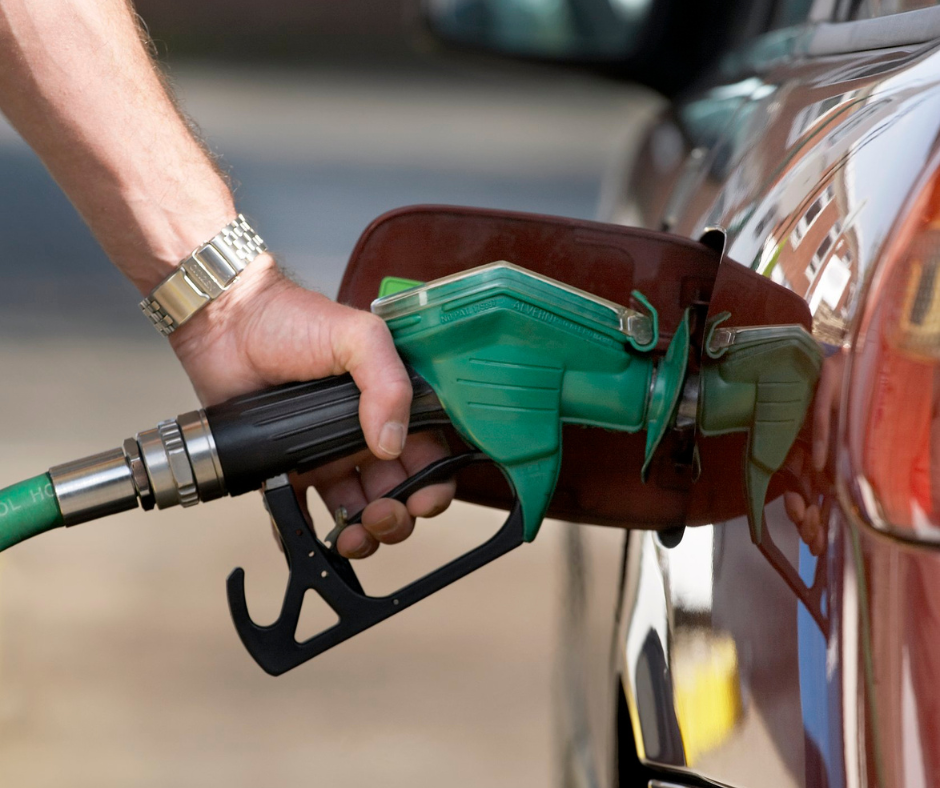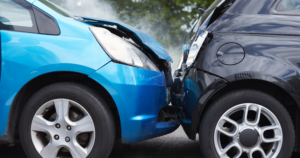The seemingly constant increase in fuel prices doesn’t make for an easy policy when it comes to fuel efficiency, but we’ve got some tips to help you reduce your fuel costs and make operations more efficient.
Monitor driving patterns
Speeding in particular can affect fuel consumption, with a 14.9% increase at speeds of between 60mph and 75mph (DfT). Monitoring speeds, acceleration and braking patterns can provide data on whether drivers are following good practices on the road and operating as efficiently as possible.
Cut engine idling
To avoid burning unnecessary fuel, engine idling should be avoided as much as possible – it certain circumstances it can even be illegal. Make your drivers aware that a parked vehicle must never be left with the engine running, even when making a quick delivery. Drivers should also be encouraged to switch off the engine while stuck in traffic and avoid idling to warm up the engine.
Improve route efficiency
Providing all drivers with a sat nav in their vehicles will assist the choice of the most efficient route for their journey. This will eliminate the need of driving back and forth, ensuring more streamlined operations.
Remove unnecessary weight from vehicles
Every addition 50kg of weight in a vehicle will – on average – increase fuel consumption by 1-2%. Over the course of a year this adds up to potentially thousands of litres of fuel where an organisation has multiple vehicles. Ensure your drivers are only carrying the necessary parcels or equipment and encourage them to remove roof boxes and roof racks when not in use.
Scheduled maintenance
Undertaking preventative and regular maintenance checks will reduce your fuel costs and extend the lifespan of your vehicles. It is also commitment from you as a company you value to safety of your drivers and the community.
Check tyre pressure regularly
Underinflated tyres can significantly lower a vehicles average mpg, therefore checking the tyre pressure should be considered part of the pre-trip safety check all drivers are encouraged to take. It will improve the cost per mile and ensure the vehicle can respond safely in all conditions.
Dispatch the closest vehicle
Consider where you vehicles are at all times. Dispatching the closest vehicle to a new delivery or appointment can help with your business margins and improve fuel efficiency. Fleet-tracking programmes really will be a big advantage to automate dispatching.
Leverage a fleet telematics solution
Having instant data available at your fingertips can help managers gain valuable insights into their fleet status in terms of individual vehicle performance and overall operations. This allows changes to be made to improve fuel efficiency.
Provide incentives
Encourage your fleet drivers to drive efficiently by offering incentives and rewards.
Implement driving training
Providing drivers with training regarding fuel efficient habits will increase their awareness and help them to be mindful when driving. Keeping in lower gears when accelerating, changing gears earlier, driving at slower speeds and learning to read the road will all help improve your fuel efficiency and your profits.
For more guidance and advice on how to manage your fleet more efficiently, and how we can help guide you on your fleet insurance policy – give us a call today.





